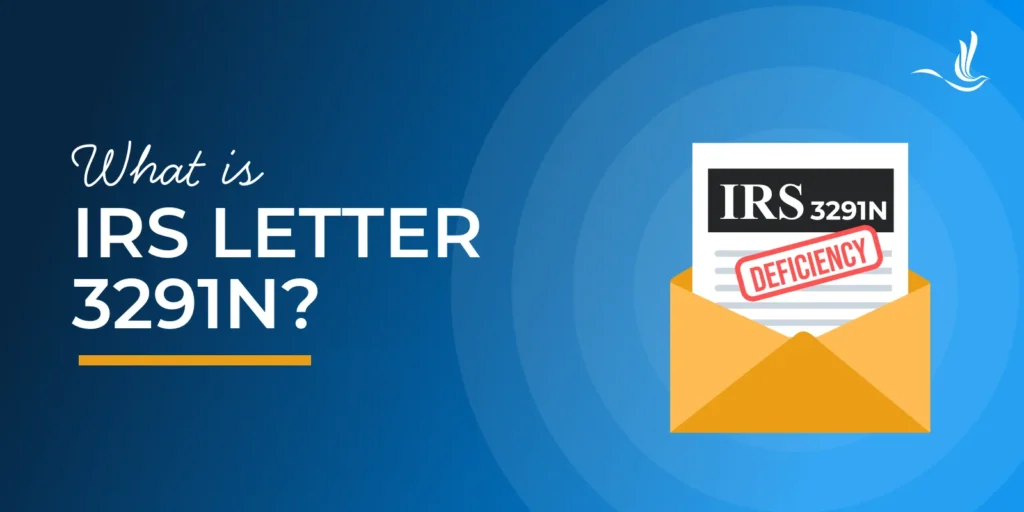
The IRS uses a variety of letters to communicate with taxpayers about their tax obligations. One such letter is IRS Letter 3219N. This letter, often referred to as a Notice of Deficiency, informs taxpayers that the IRS has made adjustments to their tax return. These adjustments resulted in additional taxes owed. If you receive this letter, it’s essential to take it seriously and understand your next steps. In this article, we’ll answer the question “What is IRS letter 3219N?” and review your next steps after receiving it.
What is IRS Letter 3219N?
IRS Letter 3219N is sent when the IRS determines there is a discrepancy between the information reported on your tax return and the data the IRS has received from third-party sources. These sources can include employers, financial institutions, or other payers. This discrepancy might be due to unreported income, overstated deductions, or incorrect credits claimed. The letter provides details on the adjustments the IRS made to your tax return. It also explains why additional taxes, penalties, or interest may be due.
Key Information Included in Letter 3219N
- Deficiency Amount: This is the amount the IRS believes you owe in additional taxes, penalties, and interest.
- Explanation of Changes: The letter will include a breakdown of the changes made to your return. These could relate to unreported income, misreported deductions, or other issues the IRS found.
- Response Deadline: You generally have 90 days from the date of the letter to either agree with the IRS and pay the amount due or disagree and file a petition in Tax Court. If you miss the deadline, the IRS can begin collection activities, such as issuing a tax levy or lien.
- Tax Court Option: If you disagree with the IRS’s findings, you can file a petition with the U.S. Tax Court before the 90-day window expires. This gives you the opportunity to contest the IRS’s adjustments without first paying the amount due. Note that if you miss the deadline, you lose your right to challenge the tax assessment.
What Should You Do After Receiving Letter 3219N?
Upon receiving IRS Letter 3219N, review it carefully. Compare the information in the letter with your tax return. Double-check the adjustments to ensure that they are correct. If you have supporting documentation to refute the IRS’s claims, gather it for your response in Tax Court. Before heading to Tax Court, you might consider contacting the IRS to resolve the issue directly, especially if there’s an error that can be easily explained. If the dispute cannot be resolved, filing a petition with the U.S. Tax Court is your next step.
However, if after reviewing the letter, you agree with the IRS’s changes, you can pay the amount due by the deadline. The IRS provides payment options, including installment agreements if you cannot pay in full. To prevent future discrepancies and notices, ensure that your tax returns are filed accurately and that you report all income and deductions correctly. Keeping thorough records and reviewing your tax returns carefully before filing can help avoid future problems.
The Consequences of Ignoring Letter 3219N
Ignoring IRS Letter 3219N can have serious financial consequences. If you do not respond within the 90-day period, the IRS will assess the additional taxes, and you’ll lose the opportunity to dispute the amount in Tax Court. Once the IRS assesses the amount, it can start collection activities, including garnishing your wages, placing a lien on your property, or levying your bank account.
Tax Help for Those Who Receive IRS Letter 3219N
Receiving IRS Letter 3219N can be stressful, but understanding its purpose and knowing your rights can help you navigate the situation. Take time to review the notice carefully, respond within the given timeframe, and seek professional assistance if needed to protect your financial well-being. Optima Tax Relief is the nation’s leading tax resolution firm with over a decade of experience helping taxpayers with tough tax situations.
If You Need Tax Help, Contact Us Today for a Free Consultation